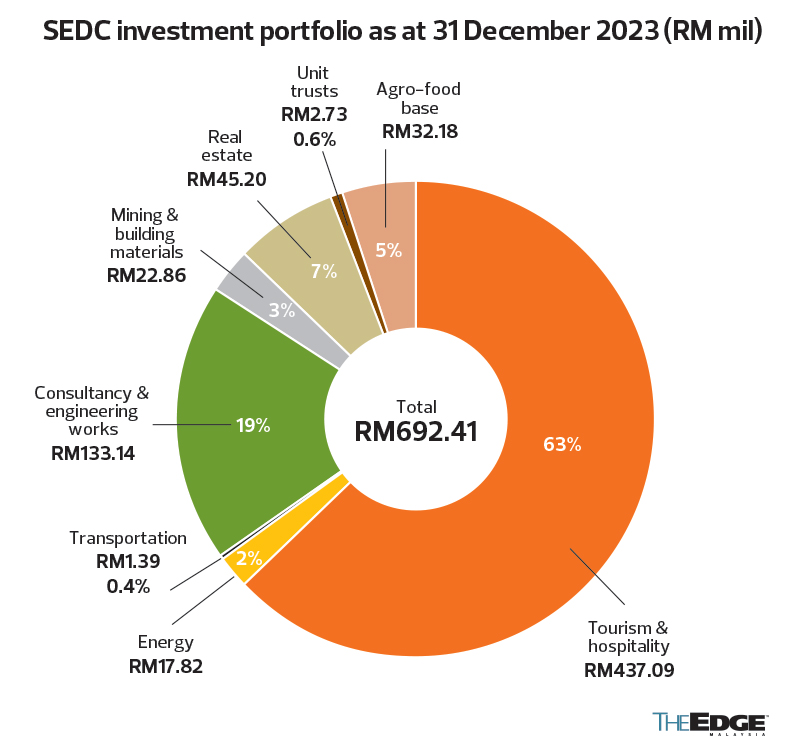Malaysia has begun exploring the possibility of restarting discussions on the Malaysia-European Union Free Trade Agreement (MEUFTA), which has been stalled since 2012.
The MEUFTA was among the issues discussed between Prime Minister Datuk Seri Anwar Ibrahim and German vice-chancellor Robert Habeck, who is also Germany’s federal minister for economic affairs and climate action.
Their meeting was held on the sidelines of the annual SME Day, – also known as the Mittelstand – at STATION Berlin here today.
Anwar said they were hoping for a positive outcome of the scoping exercise between technical experts of both sides.
“We hope to move forward on MEUFTA soon and for both sides to start discussions,” he said.
Negotiations on the MEUFTA were formally launched on Oct 5, 2010, with eight rounds of negotiations between Dec 2010 and Sept 2012.
However, the negotiations reached an impasse in 2012 as both sides had had exhausted their negotiating options at that time.
It was subsequently agreed that negotiations will resume when a fresh mandate and/or flexibilities become available to both sides.
Germany is Malaysia’s largest trading partner within the European Union, with a trade value of almost US$14 billion.
Total investments in manufacturing projects meanwhile totalled US$14 billion, involving companies such as Infineon, B. Braun, Osram and Bosch, creating over 70,000 jobs.
Anwar is on a six-day visit to Germany, his first since becoming prime minister. He had engagements with various companies and captains of industry from all over Germany, which have already resulted in new investments pledges amounting to 868 million Euros (RM4.45 billion).
Meanwhile, Anwar, in his talk with Habeck, also expressed concern that EU policies on climate change including its Deforestation Regulation may serve as a form of non-tariff trade measure.
The prime minister urged Germany to adopt a more inclusive and fair approach.
On March 6, Plantation and Commodities Minister Datuk Seri Johari Abdul Ghani said the World Trade Organisation (WTO) panel had issued its final report and concluded that the European Delegated Act that restricted palm oil biofuels, was deemed discriminatory towards the country’s palm oil biofuel.
The dispute dates to 2018 when the EU issued regulations on the minimum amount of renewable fuels that member countries must use in their transport sectors.
The EU stipulated that the use of biofuels for which forests had been cleared for planting could not be used to achieve this target. This primarily concerned oil palm crops.
Malaysia, which has a major palm oil production industry, had defended that the measures violated fair trade practices and launched a lawsuit against the WTO in 2021.
Anwar said he also expressed to Habeck Malaysia’s interest in joining the Climate Club, a 38-member intergovernmental forum for exchange on industry decarbonisation.
Malaysia, he said, also welcomed Germany’s support in capacity-building, technology transfer and financial assistance.
On capacity building and skills enhancement, Anwar proposed a collaboration to boost skills of Micro, Small and Medium Enterprises (MSME) via joint trainings, workshops, mentorship programmes.
Source: NST
Malaysia exploring possibility of restarting discussions on Malaysia-EU FTA
Content Type:
Duration:



